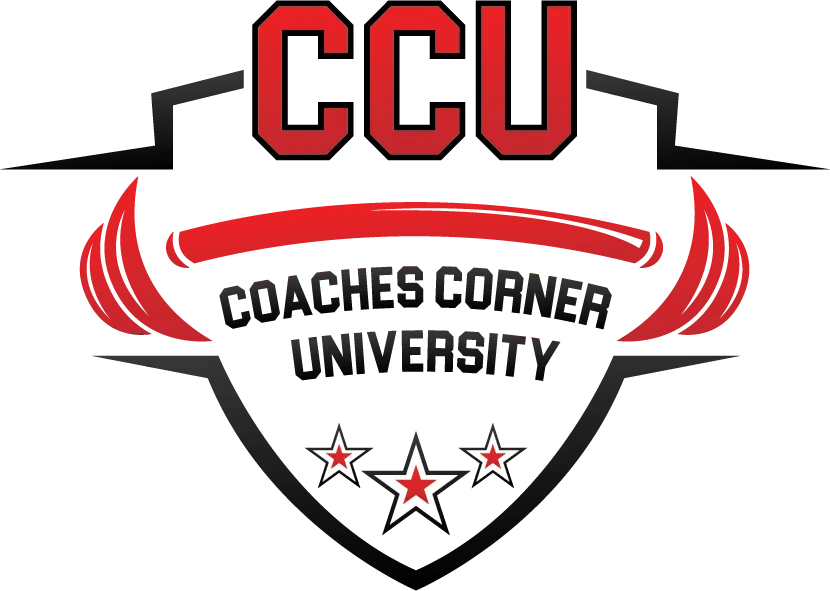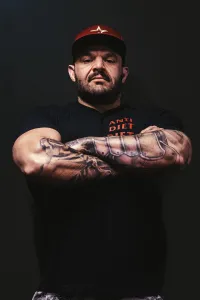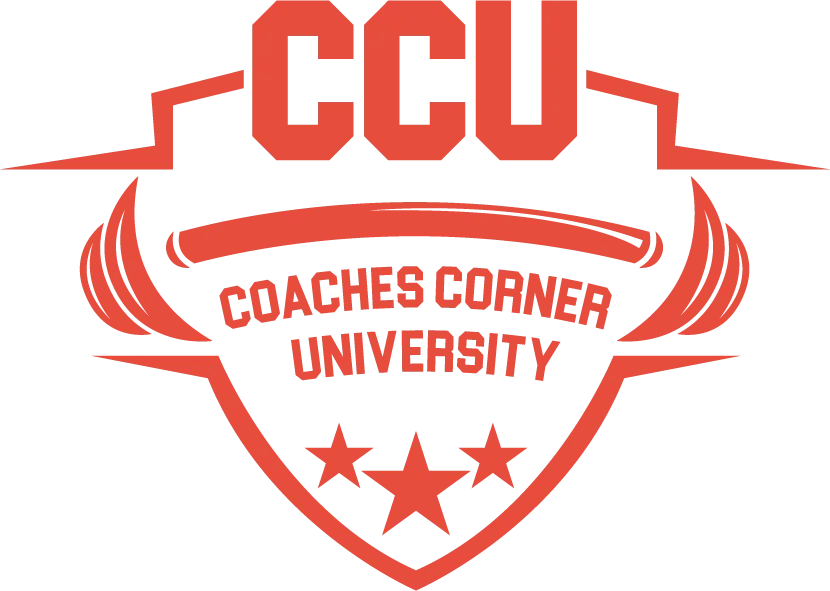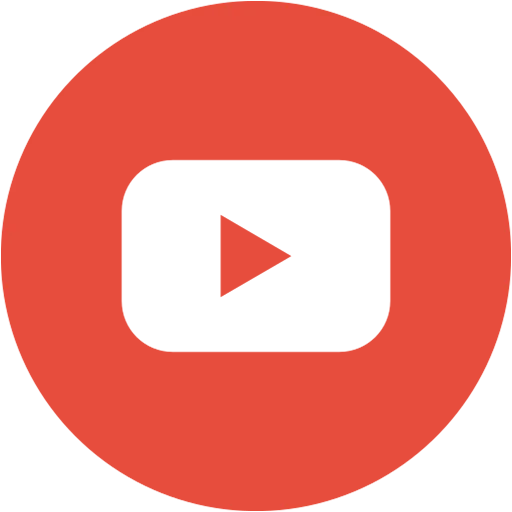Discover The Latest Blogs
Stay updated with Our Informative Blog Posts

Every "YES" to something is a "NO" to something else
Every "YES" to something is a "NO" to something else
I didn't understand this in my twenties. I thought saying yes to everything was what ambitious people did. I moved to a new country and worked for free because I wanted the notoriety of being a Division I strength and conditioning coach. I didn't know why I wanted it—I just knew I wanted it.
Then I got my dream job.
Head Strength and Conditioning Coach at Queens University. 15 varsity teams. A 50-person intern class to manage. Teaching responsibilities. And every single program I wrote? I did that on my own time, unpaid.
I was working 100 hours a week.
And when the administration pushed back on me because I wasn't participating in the "corporate culture" of the athletic department—the happy hours, the schmoozing, the politics—I told them the truth:
"I can either coach, or I can be part of your social environment. Which would you like? Because you're not paying me to be friends with everybody."
They didn't like that.
But here's what I realized: I was investing time into people who weren't giving back to me.I was saying yes to a system that didn't value what I valued. I was sacrificing my health, my relationships, and my sanity for the approval of people who would never appreciate the work.
Every yes to the administration's demands was a no to my wife. Every yes to unpaid overtime was a no to my own well-being. Every yes to "just one more thing" was a no to the life I actually wanted to build.
That was the breaking point.
Here's what I know now that I wish I knew then:
If it's not a fuck yes, it's a no.
I don't say yes to events that conflict with my wife's competitions or our planned time together. I don't work with clients who drain my energy, even if they can pay. I don't attend conferences just because I "should."
Why? Because I learned the hard way that you can't pour from an empty cup. You have to pour from your overflow.
When coaches come to CCU, the most common mistake I see is this: they're accepting every client and trying to speak to everybody. They think saying no means leaving money on the table. So they end up with a roster full of people who sap their energy and don't pay them what they're worth.
They're saying yes to clients who are a "maybe" instead of a "hell yes." And every time they do that, they're saying no to the clients who would actually fill their cup. They're saying no to their families. They're saying no to themselves.
Maturity is understanding what you need in order to feel at your best—and then structuring those things into your schedule first.
Let me give you two examples:
Example 1: The Virginia Trip
A few weeks ago, I spent 5 days away from Olivia for an education trip to Virginia. Five days away from my wife is not something I take lightly. So before I committed, I asked myself:
"If I'm going to take these 5 days, how much can I get out of them?"
Could I get 5 days' worth of content? 5 days' worth of interviews and education? Could I bring back tools and strategies that would push the business forward, help more people, and make us more money?
The answer was yes. So I went. Every minute was accounted for—education, networking, content creation. That was an investment, not an expense.
Example 2: Movie Night
Last week, Olivia was one week out from a show. Her energy was low. Her stress was high. We went to see a movie.
Some coaches might think,"You should've been working instead."
They're missing the point.
If you're always working, not all of that work is going to be productive. Spending time away from work and constraining the time you have available creates urgency. It forces you to be more present, more productive, and more engaged when you are working—because you've stepped away and recharged your batteries.
Movie night wasn't a sacrifice. It was an investment in my relationship, in Olivia's recovery, and in my own ability to show up fully the next day.
Here's how I think about time now:
Time is either spent or invested.
When I invest time, I'm looking for a return. That return could be:
Financial: Will this make us money or position us to make money?
Experiential: Will this create a memory or deepen a relationship?
Impact: Will this help someone or move the business forward?
But it could also be education, fellowship, networking, visibility, or a dozen other things. The key is knowing what you need and being ruthlessly honest about whether this use of time serves that need.
Every week, the first thing I put in my schedule is time with my wife. Not client calls. Not content creation. Not business development.
My wife.
Then training. Then meetings with existing clients. Then client acquisition.
That's the hierarchy. And I never sacrifice something lower on the list for something higher on the list.
The shift you need to make:
Stop trying to do everything. Start doing the right things.
The coaches in CCU who transform their businesses don't work more hours. They work better hours. They say no to clients who drain them. They say no to opportunities that sound good but aren't aligned. They say no to the belief that "busy" equals "successful."
The key to knowing what you need to do is being clear on what you need to NOT DO.
Because here's the truth: we don't live to work. We work to live.
If you're stuck on the hamster wheel—saying yes to everything, working 100 hours a week, and still not getting where you want to go—you don't need to work harder.
You need to get clear on what actually matters. And then you need to protect that time like your life depends on it.
Because it does.
And if you're a coach who's ready to build a systematized business that frees up your time instead of consuming it, send me an email ([email protected]) and tell me where you're stuck. Let's talk about whether CCU is right for you.
Let's raise the bar together.
P.S. - The hardest nos to say are the ones that look like opportunities. But every yes to the wrong thing is a no to the right thing. Choose wisely.
Keep Raising the Bar,
Paul Oneid MS, MS, CSCS
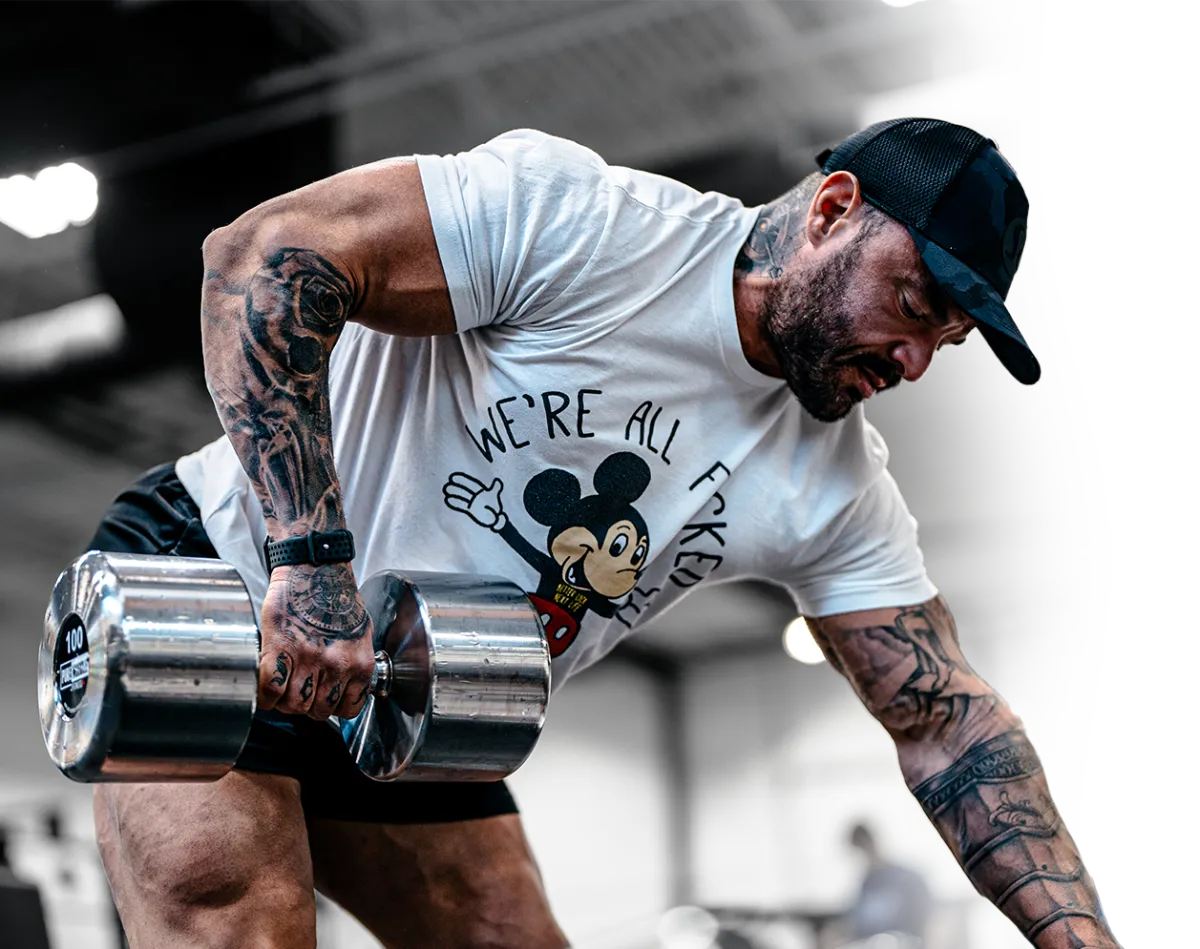
Coaches Corner PhD
